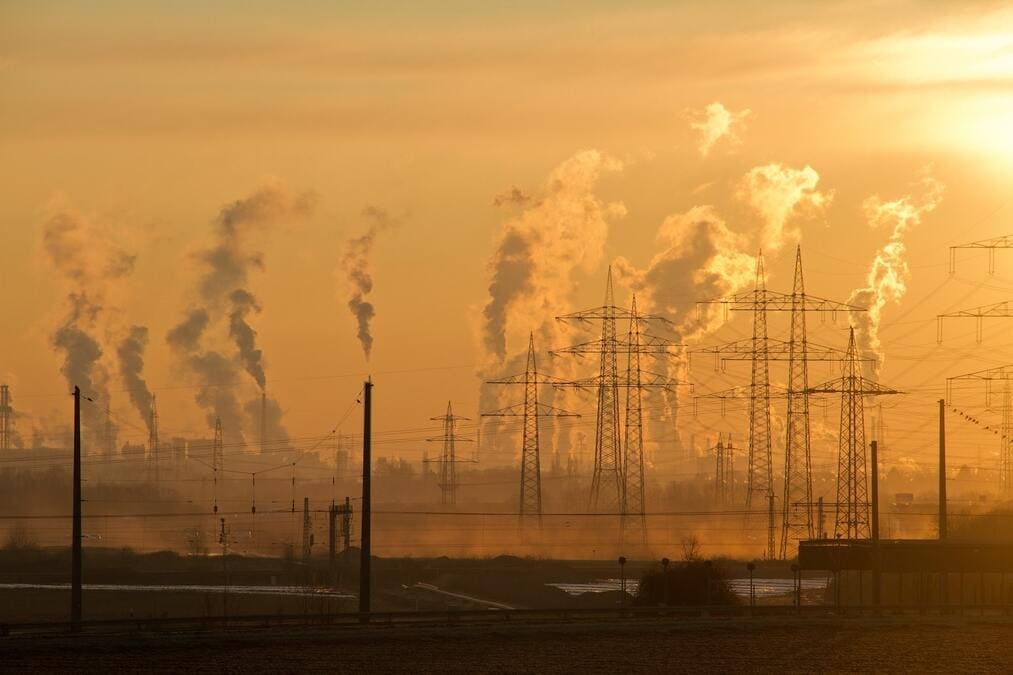While it’s important to avoid generalizations and remember that not all individuals within a generation behave the same way, it’s undeniable that the actions of one generation can impact the next. Here are some ways in which actions associated with the Baby Boomer generation could be seen as having an impact on Millennials’ future.
Table of Contents
The Shift to a Gig Economy

The shift towards a gig economy, characterized by temporary or freelance jobs, has created an environment of job insecurity for many Millennials. While many factors have influenced this shift, the economic policies and corporate practices during the Boomers’ prime working years have played a role. Isn’t it important to ensure job security and fair labor practices for all workers?
Climate Change

One of the most significant issues is the environmental impact of decisions made during the boomers’ prime years. Industrial growth and lack of environmental regulations have contributed to climate change, leaving millennials to deal with the consequences and find solutions. Isn’t it time we all took responsibility for our planet?
Economic Challenges

Boomers experienced significant economic growth and stability, which some argue led to policies that have made it harder for millennials. These include reduced investment in education, leading to higher student debt, and housing policies that have driven up prices. Isn’t it crucial to ensure economic policies benefit all generations?
Social Security Concerns

As boomers retire, they’re drawing on social security benefits that are funded by current workers, who are predominantly millennials. However, with the aging population, there’s concerns about the sustainability of programs like these. Isn’t it important to ensure social security for all generations?
Healthcare Costs

Similarly, healthcare costs are rising as the boomer generation ages, putting financial pressure on the healthcare system and potentially increasing costs for millennials. Isn’t it essential to find a solution that provides affordable healthcare for everyone?
Job Market Competition

Boomers staying in the workforce longer can lead to fewer job opportunities for millennials. While it’s important to respect everyone’s right to work, it’s also crucial to ensure fair job opportunities for younger generations. Isn’t it time we created a balanced job market?
Technological Resistance

Some boomers have been resistant to technological changes that are integral to the modern economy. This can lead to a disconnect between workplace generations and slow technological progress.
Political Polarization

The Baby Boomer generation has seen a significant increase in political polarization, which can lead to gridlock and a lack of progress on important issues. This political divide can make it more difficult for Millennials to effect change on issues that matter to them. Isn’t it crucial for us to find common ground for the sake of progress?
Education System Changes

Many Boomers benefited from a public education system that was well-funded and accessible. However, changes in education policy and funding over the years have led to increased challenges for Millennials, including larger class sizes and less personalized attention. Isn’t it essential to invest in a robust education system for future generations?
Environmental Policy

Decisions made during the Boomer’ generation regarding environmental policy have had lasting impacts. Policies that prioritized industrial growth over environmental protection have contributed to environmental issues that Millennials now have to address. Isn’t it time we prioritized sustainable practices for the sake of our planet?
Remember, these are broad trends and don’t represent every individual within a generation. It’s essential to foster understanding and cooperation between generations to address these issues.








